Search
Search Results
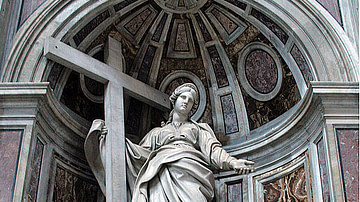
Definition
Helena of Constantinople
Saint Helena of Constantinople (248/250-328 CE) was the mother of Roman emperor Constantine I (r. 306-337 CE). She famously made a pilgrimage to Jerusalem where tradition claims found Christ's true cross and built the Basilica of the Holy...
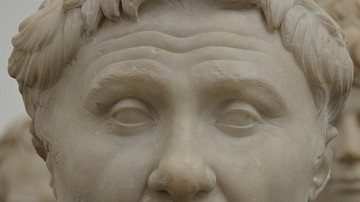
Definition
Pompey
Gnaeus Pompeius Magnus, also known as Pompey or Pompey the Great, was a military leader and politician during the fall of the Roman Republic. He was born in 106 BCE and died on 28th September 48 BCE. His father was Gnaeus Pompeius Strabo...

Definition
Hipparchus of Nicea
Hipparchus of Nicea (l. c. 190 - c. 120 BCE) was a Greek astronomer, geographer, and mathematician regarded as the greatest astronomer of antiquity and one of the greatest of all time. He is best known for his discovery of the precession...
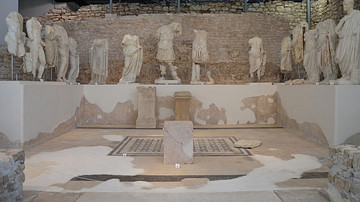
Definition
Roman Imperial Cult
The Roman imperial cult was the practice of venerating Roman emperors and their families as having divine attributes, honoring their contributions to the spread of Roman religion and culture. It was instituted by the first Roman emperor Augustus...
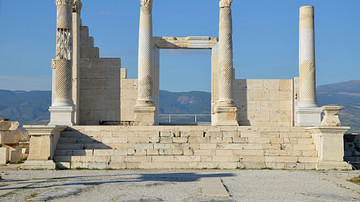
Definition
Phrygia
Phrygia was the name of an ancient Anatolian kingdom (12th-7th century BCE) and, following its demise, the term was then applied to the general geographical area it once covered in the western plateau of Asia Minor. With its capital at Gordium...
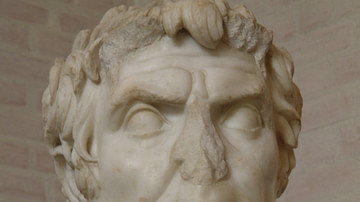
Definition
Sulla
Lucius Cornelius Sulla (138-78 BCE) was a ruthless military commander, who first distinguished himself in the Numidian War under the command of Gaius Marius. His relationship with Marius soured during the conflicts that would follow and lead...

Definition
Caesarion
Ptolemy XV Caesar “Theos Philopator Philometor” (“the Father-loving Mother-loving God”) (c. 47-30 BCE), better known by his unofficial nickname Caesarion or “Little Caesar” in Greek, was the oldest son of Cleopatra VII (69-30 BCE) and was...
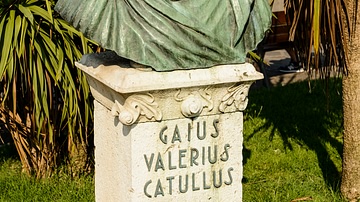
Definition
Catullus
Gaius Valerius Catullus (84-54 BCE) was a Roman poet whose poems are considered to be some of the finest examples of lyric poetry from ancient Rome, despite his youth and early death. Catullus wrote in the neoteric style during the high point...
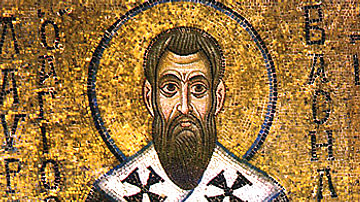
Definition
Basil the Great
Saint Basil (c. 330 - c. 379 CE), also known as Basil the Great and Basil of Caesarea, was a bishop of Caesarea in central Asia Minor who staunchly defended the church against the 4th-century CE heresy of Arianism. Basil's writings on monasticism...

Definition
Hasdrubal Barca
Hasdrubal Barca (c. 244-207 BCE) was the younger brother of the Carthaginian general Hannibal (247-183 BCE) and commanded the forces of Carthage against Rome in Spain during the Second Punic War (218-202 BCE). They were both, along with another...